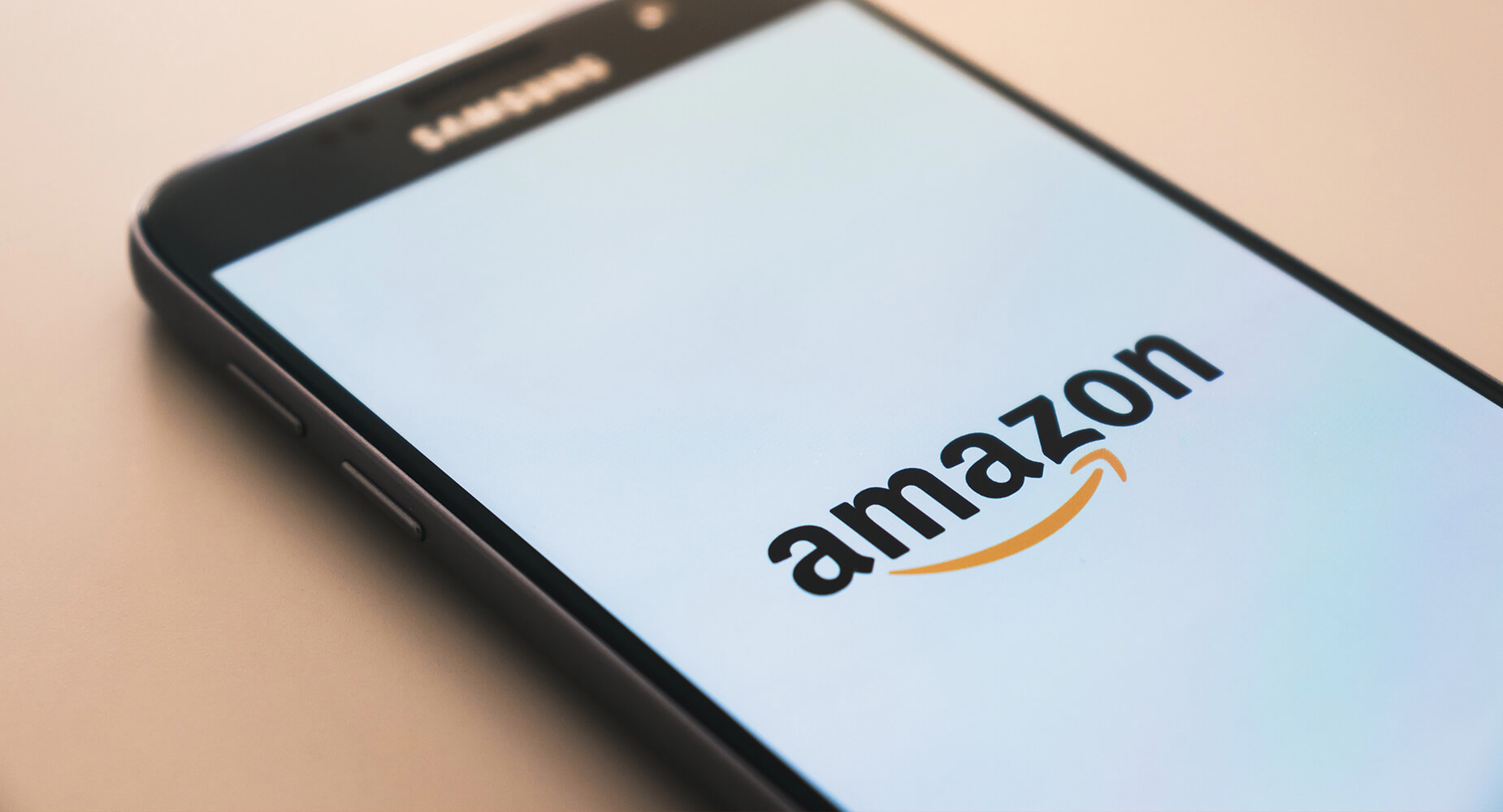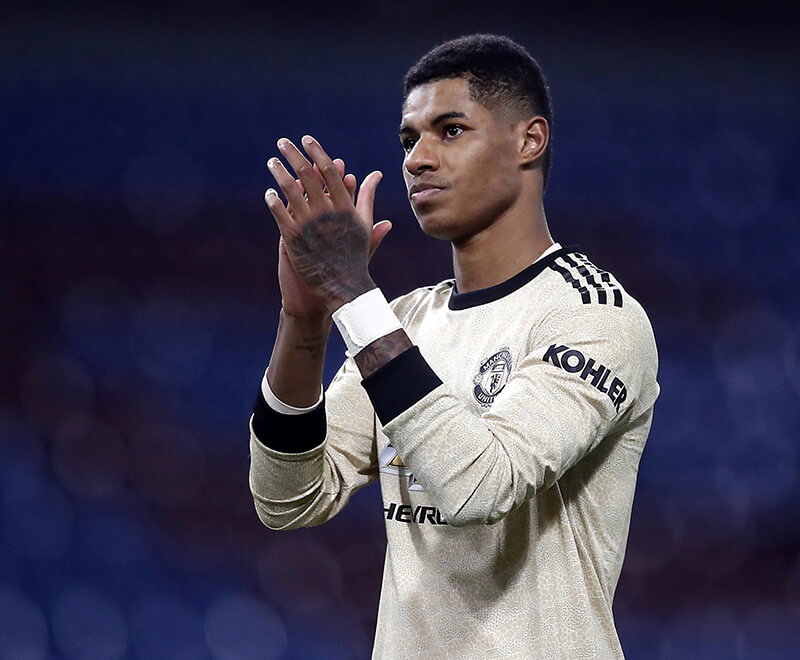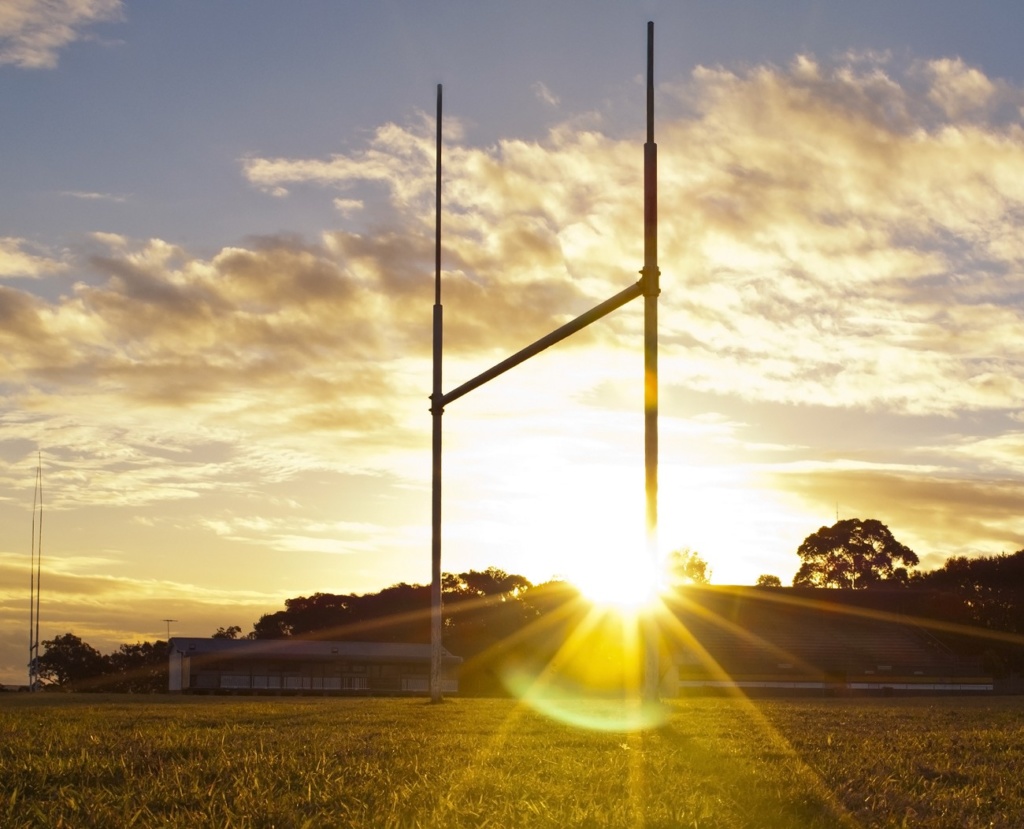Last week saw reports that Amazon is in conversation with the Premier League, with a view to securing broadcast rights for top tier football. The move has raised eyebrows, but it is far from unique. Sam Barnett looks at the fragmentation of sports broadcasting rights and, more broadly, television viewing habits.
What happened?
Amazon, the online mega-giant, has been meeting with the Premier League to discuss sports broadcasting rights, with conversations looking towards the 2019-2022 seasons. The league, once solely the domain of Rupert Murdoch’s Sky empire, has already moved some matches to BT. However, it has never been shown in the UK by a (legal) online-only outlet.
Already, Amazon has the rights to tennis’ US Open and the ATP World Tour, a combined deal which cost it £80million (or about one fifth of a Neymar in football currency). It also shows ten NFL games per season in America, before which it hosts a pre-game show that fans can ‘shop’.
Why is it important?
Just a decade ago, television was a straightforward affair. Viewers knew when their favourite shows were on and scheduled their plans accordingly. Top Gear petrolheads tuned it at 8pm every Sunday, full of roast dinner and ready for Clarkson.
Now, everything has changed. TV has gone online and most programmes can be watched on demand. New entrants with big bucks and digital nous have entered the market. Today’s Clarkson fans pay for Amazon Prime, where they can watch the ‘Grand Tour’.
This shifting landscape makes sport all the more valuable. Sport remains appointment viewing, try and watch it on catch up and you’ll already know the score. It is therefore something of a holy grail to broadcasters, who want to gain legions of loyal subscribers and customers.
What’s the reaction been?
A revealing shrug of the shoulders. Watching sport online is no longer news. Sky has reported a 14% drop in television viewers, but a 31% increase in streamers. What’s more, social media companies have long shown sport – YouTube exclusively broadcast the Indian Premier League, a cricket tournament, way back in 2010.
What’s next?
Sport has gone from being played for the terraces to red hot content. This is a real challenge for traditional outlets. OC&C, a consultancy, argue that the impact of YouTube, Amazon et al. could cost UK TV £1bn a year in revenue. Losing sports fixtures will only exacerbate this.
Yes, television broadcasters will need deep pockets and smart streaming services. But they will also need something less tangible: loyalty. They need to keep viewers engaged when the evermore costly sport is on and outraged if there is a risk of it being shown elsewhere, as has happened when England cricket moved from Channel 4 to Sky. Getting there demands not only an excellent product, but smart communication.
Firstly, free-to-air channels, like the BBC, must work with Westminster. Certain sporting events, such as the World Cup and the Olympics, have been designated ‘Crown Jewel’ events by government. This means that they must be shown on free-to-air channels. There are many other events that could legitimately have this status, such as the Ashes or some high-profile Premier League matches. The likes of ITV and the BBC would gain massively from more ‘Jewels’, since they shut out pay-per-view competitors such as Amazon, Sky and BT.
However, the battle must go beyond Westminster. There needs to be a war for hearts and minds. Traditional broadcasters – including the likes of Sky – should be proactive and take a campaigning approach that mixes nostalgia (who wants to watch Amazon at a pub?), excellent social media and the endorsement of other media outlets.
Put simply, traditional broadcasters don’t just need eyeballs. They need fans.
Looking for a trusted public affairs agency? Our team helps with crisis communications to help manage any situation. Contact us today to learn more about how we can help!



